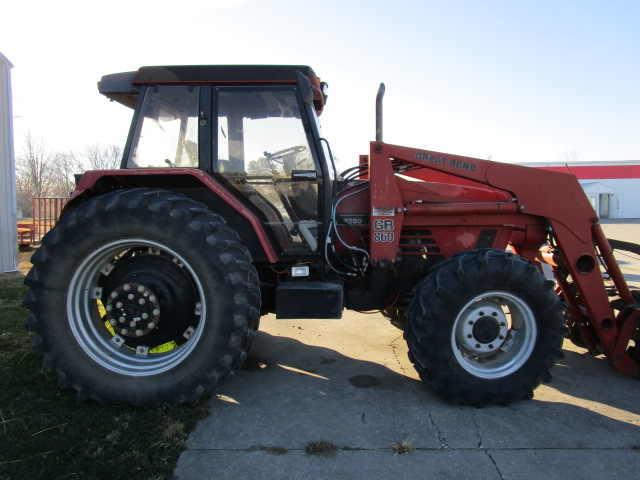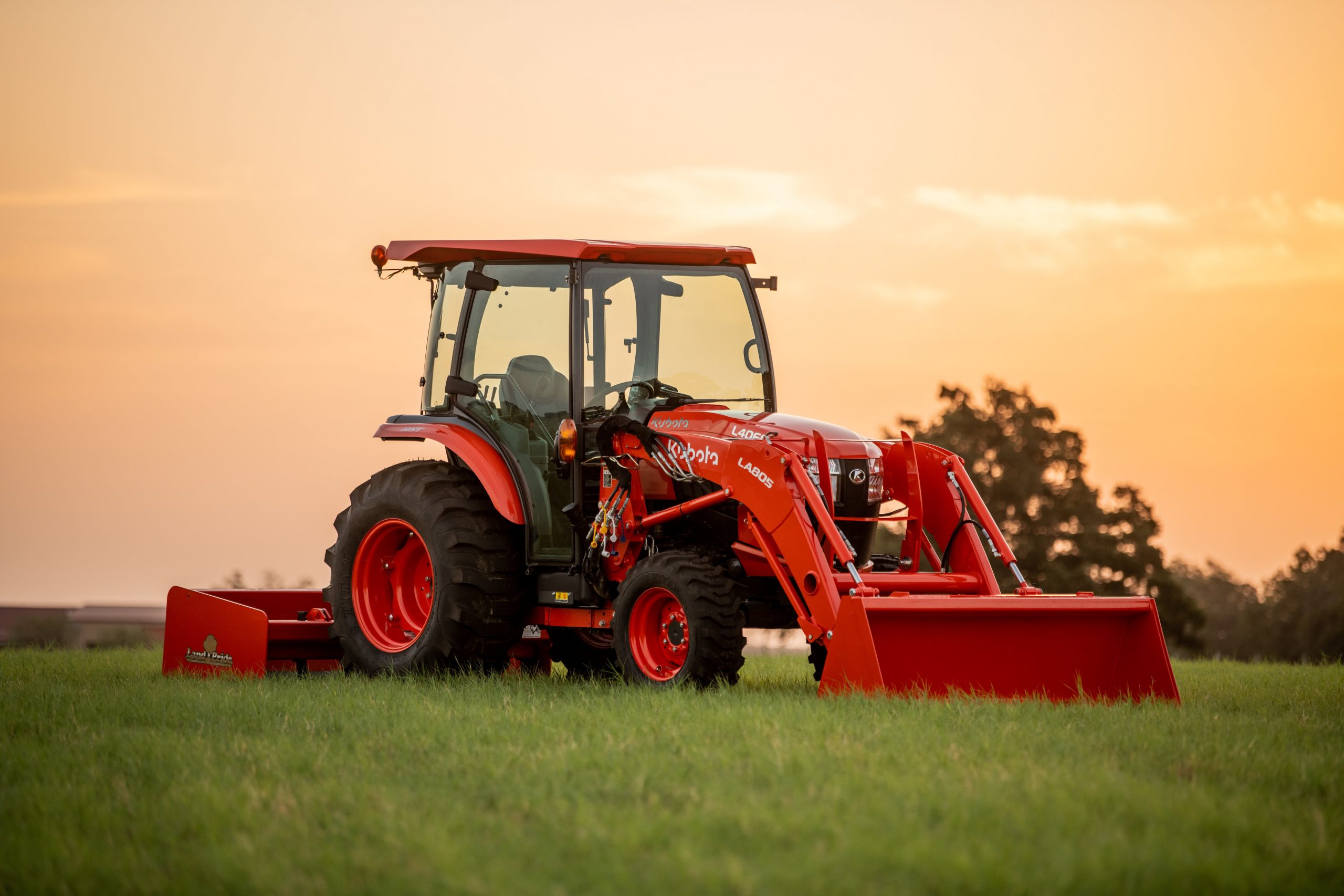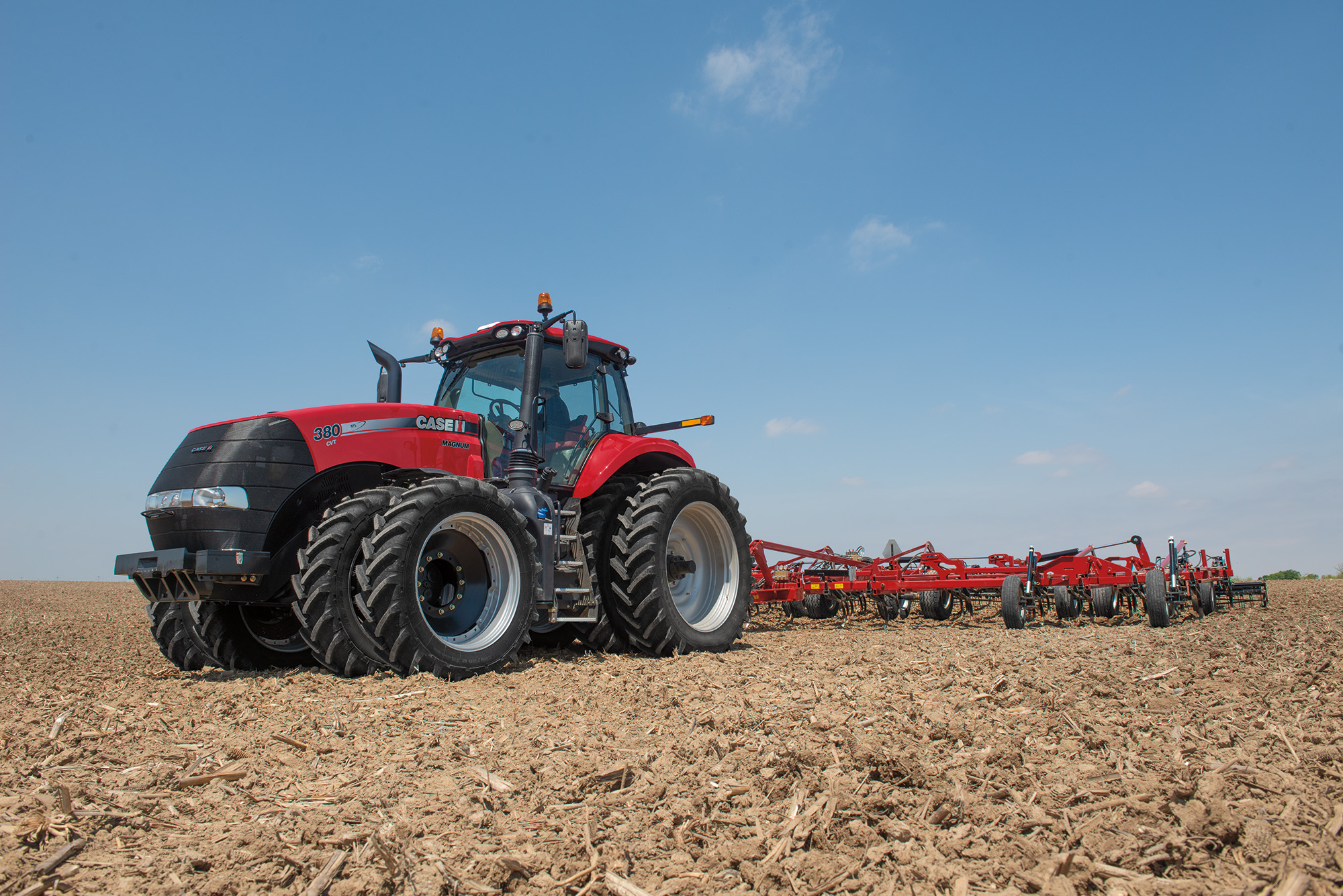 When it comes to dependable tractors, two names often dominate the conversation—John Deere and Kubota. Known for their innovation, reliability, and strong presence in the agricultural industry, these brands have become a favorite among farmers and equipment buyers worldwide. Among their offerings, the Kubota L Series and John Deere tractors are particularly popular for their mid-size versatility, making them ideal for a range of farming activities.
When it comes to dependable tractors, two names often dominate the conversation—John Deere and Kubota. Known for their innovation, reliability, and strong presence in the agricultural industry, these brands have become a favorite among farmers and equipment buyers worldwide. Among their offerings, the Kubota L Series and John Deere tractors are particularly popular for their mid-size versatility, making them ideal for a range of farming activities.
But how do you decide between John Deere vs Kubota? Which brand offers better specs, performance, and overall value for your hard-earned dollars? This comprehensive comparison dives deep into the John Deere and Kubota L Series tractors, examining specifications, costs, usability, and customer experiences to help you make an informed decision.
A Legacy of Excellence: John Deere vs Kubota
John Deere’s Contribution to Agriculture
Founded in 1837, John Deere has been at the forefront of equipping farmers with innovative machinery. Recognized by their iconic green and yellow tractors, John Deere is synonymous with durability and precision. They’ve built a reputation for producing robust equipment that performs under tough conditions, making them a top choice for heavy-duty farming tasks.
Kubota’s Steady Rise
On the other hand, Kubota, a Japanese brand, has been a leader in the compact and utility tractor market since its founding in 1890. Known for incorporating cutting-edge technology and offering reliable, user-friendly solutions, Kubota tractors are celebrated for their efficiency and affordability.
The stage is set—so how do their L Series tractors compare?
John Deere 
When it comes to agricultural and construction equipment, John Deere is a name that inspires trust and confidence worldwide. Renowned for its cutting-edge technology, rugged durability, and commitment to innovation, John Deere consistently delivers machines that are built to tackle the toughest tasks. From precision agriculture solutions that maximize yields to fuel-efficient engines that reduce costs, John Deere offers unmatched value for modern farmers and landowners.
Furthermore, the brand’s widespread dealer network ensures exceptional after-sales service, with easy access to parts and maintenance support. John Deere’s dedication to sustainability is also worth noting, as the company is constantly evolving to meet environmental challenges through energy-efficient designs and advanced engineering. If you’re striving for excellence and efficiency, John Deere provides an array of equipment tailored to meet the dynamic demands of agriculture and beyond.
Kubota L Series

The Kubota L Series is an exceptional line of compact tractors designed to meet the diverse needs of both small-scale and large-scale operations. Known for their reliability, versatility, and ease of use, Kubota L Series tractors are the perfect choice for tasks ranging from mowing and light construction to farming and landscaping. Equipped with powerful engines and ergonomic controls, these tractors ensure high performance without compromising comfort.
One of the standout features of the Kubota L Series is its user-friendly design, making it accessible to operators with varying levels of experience. The series also boasts durable construction, ensuring a long lifespan even under challenging conditions. Plus, with options for various attachments and implements, Kubota L Series tractors can be customized to handle almost any task. When it comes to reliable, hardworking equipment, the Kubota L Series stands as a competitive and trusted partner for property owners and professionals alike.
Detailed Specs and Performance Comparison
Regarding technical specifications and performance, both the John Deere L Series and Kubota L Series come armed to impress. Here’s a closer look at how they measure up:
1. Engine Performance
- Kubota L Series:
Kubota’s L Series tractors are equipped with powerful diesel engines that range from 24 to 60 horsepower. Known for operational smoothness, they balance power and economy seamlessly, making them a great choice for small to medium-scale farming activities.
- John Deere L Series:

John Deere tractors in the same category offer
horsepower ranging from 25 to 65 giving them a slight power edge. These tractors are also optimized for torque, making them ideal for heavy-duty tasks.
2. Ease of Use
Kubota tractors are praised for their user-friendly designs, especially for smaller farms and first-time equipment buyers. Their
intuitive control layout ensures that operators can quickly adapt and work efficiently.
John Deere, however, brings advanced technology to the table with features like their PowrReverser transmission, which allows seamless direction changes without clutching—perfect for loader work.
3. Attachments and Versatility
Both brands offer a variety of attachments, including loaders, backhoes, and mowers. While Kubota tractors work seamlessly with third-party attachments, John Deere offers an extensive range of proprietary implements through their Quick Attach system.
Winner: It depends—Kubota for simplicity and practicality, John Deere for heavy-duty versatility.
Cost Analysis
“Which tractor is more budget-friendly?” is a key question for many buyers. Here’s a breakdown:
1. Initial Purchase Costs 
- A standard Kubota L Series tractor usually starts at around $17,000, making it a cost-effective solution.
- The John Deere L Series, on the other hand, starts around $20,000, reflecting its slightly higher horsepower and advanced features.
2. Maintenance & Operating Costs
Kubota tractors are often praised for their lower maintenance costs and fuel efficiency. However, John Deere offers more accessible service networks, reducing downtime during repairs—a crucial factor to consider.
3. Resale Value
John Deere holds its value better over time, which can make up for its initial higher purchase price when it’s time to upgrade.
Winner: Kubota leads in affordability, but John Deere outshines in long-term resale value.
Environmental Impact
Both brands have invested in sustainability:
- Kubota’s modern engines are highly fuel-efficient, contributing to lower emissions.
- John Deere takes it a step further with its Final Tier 4 engines, meeting stringent EPA regulations and offering innovative eco-friendly features.
If sustainability is your top priority, John Deere edges ahead.
Conclusion
When it comes to the battle between John Deere and Kubota, it’s clear that both manufacturers uphold remarkable standards in quality, performance, and reliability. Your choice ultimately depends on your unique requirements, whether they revolve around cost-efficiency, advanced technology, or sustainable practices. By evaluating your priorities and the specific demands of your farming operations, you can confidently select the tractor that best aligns with your goals. No matter which brand you choose, both John Deere and Kubota have a proven track record of empowering farmers with dependable machinery built to last.






